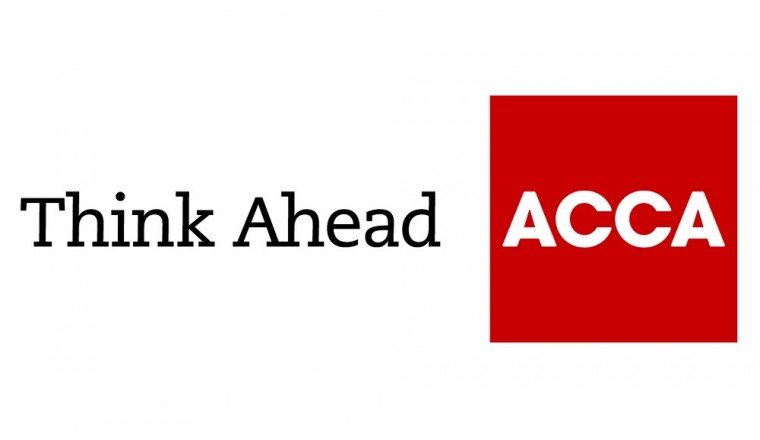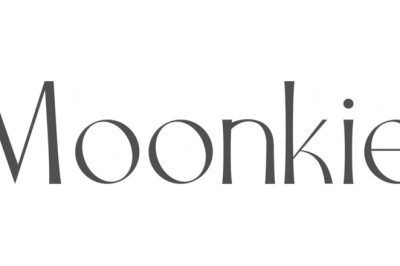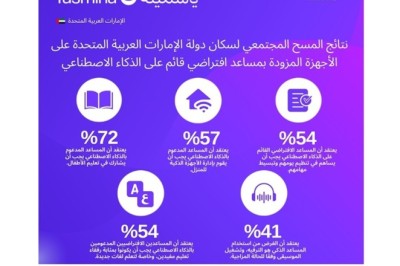
Dubai, United Arab Emirates, 23 July 2019—(AETOSWire): Volatile oil prices have dented economic confidence in the Middle East, according to the Q2 analysis from the latest Global Economic Conditions Survey (GECS) from ACCA (the Association of Chartered Certified Accountants) and IMA (Institute of Management Accountants).
The global poll of 1162 accountants shows that confidence remains above the record low reached at the end of 2018, consistent with a modest global economic slowdown.
The GECS confidence index in the Middle East fell slightly in Q2, but it remains well above the levels recorded through the second half of 2018 when the oil price fell sharply, and higher US interest rates had an impact.
Fazeela Gopalani, Head of ACCA Middle East, said: ‘It’s clear our economy is not immune from global pressures and influences. The US and China trade war has had an impact on the global stage, while reduced global demand for oil is a downside risk for oil producers. For the Middle East, the prospect of lower US interest rates is a move that would allow many countries in the region to ease their own monetary policy, and so that is a cause for optimism.’
Looking globally, the Middle East compares more favorably to the US and China, which have revealed high levels of uncertainty, with the US results showing a sharp fall in confidence to the lowest level in eight years, largely due to trade tensions as tariffs were increased to 25% on a range of Chinese imports. Confidence in the UK economy also fell back from Q1 but not to the low levels of Q4 2018.
The message from the GECS continues to be moderate growth, restrained especially by stagnant business investment spending, hampered by Brexit uncertainty UK growth this year is on course to be around 1%, while the prospects for next year depend heavily on the Brexit outcome.
Fazeela Gopalani concludes: ‘The GECS points to a slowing global economy with significant downside risks reflected in weak confidence. The biggest risk to the global economy remains a significant further escalation in the US-China trade war. A sharp slowdown in China and a no deal Brexit in the UK are also downside risks we need to consider.’
Raef Lawson, Ph.D., CMA, CPA, IMA vice president of research and policy stated: ‘The US economy is slowing and uncertainty is high as shown in the latest GECS with elevated trade tensions a major factor. But the Federal Reserve is very likely to cut interest rates later this month, helping to sustain the economic expansion, which has now lasted uninterrupted for 10 years.’
GECS concludes with a view of the outlook for global growth, which this year remains a slowdown to between 3% and 3.5% from 3.8% last year. The good news is that persistent sub-target inflation, notably in the US and euro area, gives central banks the opportunity to ease monetary policy.
The full GECS Q2 2019 is here: https://www.accaglobal.com/gb/en/professional-insights/global-economics/gecs-report-q2-2019.html



















Facebook Conversations
Disqus Conversations